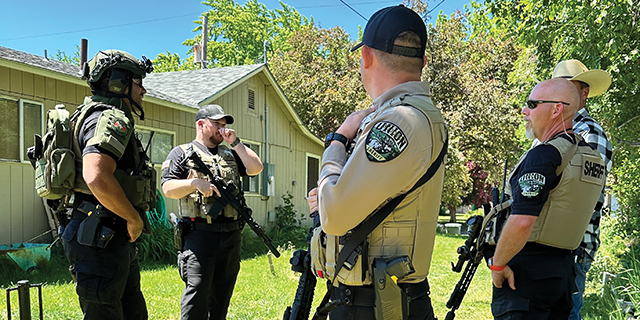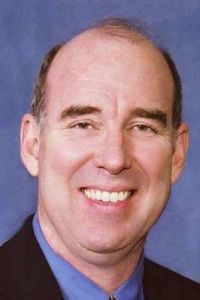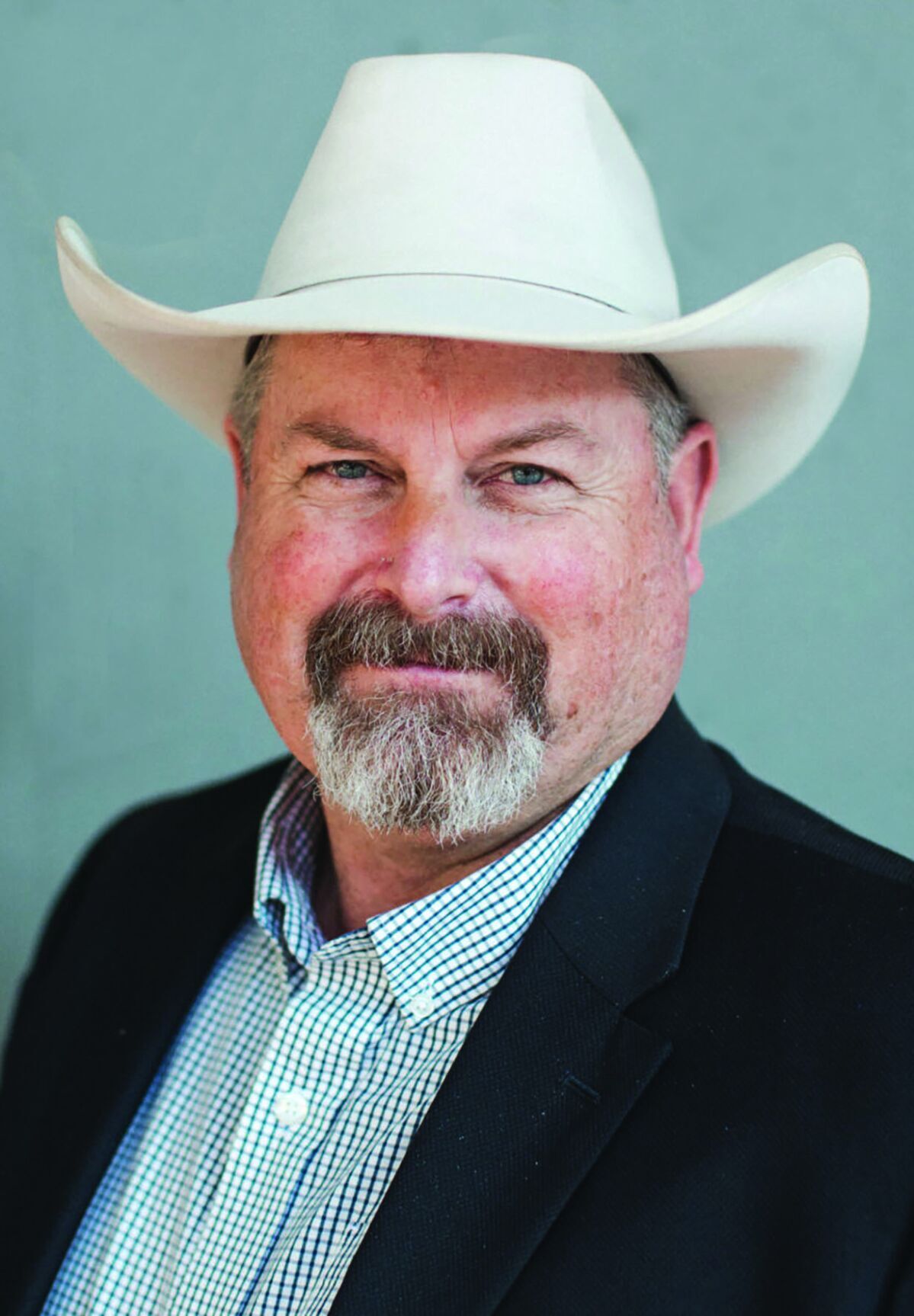Union County Drug Task Force ends again
Published 3:00 pm Saturday, May 24, 2025

- The Union County Drug Task Force executed a search warrant on June 5, 2024, at a house on the 2700 block of Birch Street in La Grande. In a letter posted to social media on May 19, 2025, Union County Sheriff Cody Bowen announced the discontinuation of the task force due to lack of assistance from the city of La Grande. City officials, however, say La Grande is doing what it can with current resources. (Union County Sheriff's Office/Contributed Photo)
Sheriff calls out La Grande city manager as reason; city officials respond
UNION COUNTY — Union County Sheriff Cody Bowen has shut down the county’s drug task force a little more than a year after restarting it.
Bowen announced the discontinuation of the task force on May 19 in a letter on the sheriff’s office Facebook page, and pointed at the city of La Grande for the reason.
“I have formally requested assistance from the La Grande City Council, and City Manager to provide personnel to sustain the Drug Task Force for the last two years,” Bowen wrote. “Unfortunately, they have opted for other priorities rather than contributing to the Drug Task Force and leveraging its capabilities for the benefit of our communities.”

Bowen
Trending
In an interview May 23, Bowen said the task force cost the sheriff’s office $120,000 per year per staff member on the task force. Initially, there were two deputies assigned to the task force, but that recently needed to be reduced to one due to personnel changes. And now the county has no one on the task force.
Bowen said the sheriff’s office explored every possible avenue to keep the task force going, but ultimately could not sustain it without help.
He said the intent of his letter was not to take a shot at the La Grande Police Department or Police Chief Gary Bell, who he said is doing a great job with the resources available. Nor was it to call out the mayor of La Grande or the city councilors.
Rather, Bowen said, his intent was to call out the person he believes controls all the information the city council sees — the La Grande city manager.
“My shot was directly at Robert Strope,” he said.
The city responds
Strope in a memo to the La Grande mayor and members of the city council, which he shared with local media, sought to address what he perceived to be “public misinformation” in Bowen’s letter.
Trending
“Depsite staffing shortages, increased call volume and the loss of veteran institutional knowledge, LGPD continues to meet the evolving public safety needs of La Grande,” Strope wrote. “While the sheriff has presented a misleading and incomplete picture of local drug enforcement, the facts tell a different story.”

Strope
Strope requested Bell read through the letter and provide information and data to help inform the council and the community.
The La Grande Police Department maintained one — and, when staffing levels allowed, two — investigators dedicated to narcotics enforcement from the late 1980s through 2015. However, given the need to maintain minimum patrol staffing, the department has not had a dedicated drug investigator since.
LGPD has not increased the number of officers on staff in more than 15 years, Strope said, and yearly calls for service continue to increase.
The La Grande Police Department is authorized to have 19 sworn officers, but due to hiring lags it has 17.
One is a grant-funded detective whose caseload is only special victims due to the grant requirements. Another serves as the detective sergeant who oversees major crime investigations while providing case management to patrol officers. Two employees (Bell and Lt. Jason Hays) also are assigned to administration. They oversee department operations, planning, development and interagency coordination.
This leaves LGPD with 12 officers for patrol — one of whom is attending the state police academy with a projected graduation date in August and who will need additional field training upon return.
The police department handled 12,492 calls for service in 2024, according to the “Chief’s Status Report and Department Statistical Data.” This is a 10.4% increase over the previous year.
Cooperative Policing Agreement
Local law enforcement agencies renewed the Union County Cooperative Policing Agreement in February 2021, which outlines the enforcement objectives of the La Grande Police Department, Union County Sheriff’s Office, Oregon State Police and Union County District Attorney’s Office. The agreement does not include a formal drug task force, Strope said, which was a deliberate decision given overall staffing limitations and the state’s evolving drug policies.
The partner agencies in 2021 disbanded the task force after Measure 110 took effect, according to Strope. The measure decriminalized the possession of small amounts of illegal drugs, including fentanyl.
Bowen reinstated the task force in early 2024 following the passage of House Bill 2645 in the 2023 legislative session, which gave Oregon’s drug laws more teeth. Under the bill, possession of less than 5 grams of fentanyl is a Class A misdemeanor, which can result in jail time.
In his letter, Bowen said since the introduction of fentanyl into the community, overdose rates have “skyrocketed” — increasing by more than 300% with the actual number likely being even higher since many overdoses go unreported. He reported between 75-80% of the calls the task force handled were within the city limits of La Grande.
“I find it inexcusable that the City of La Grande can dedicate no personnel to combat such an obvious problem within their community,” Bowen stated in the letter.
Since House Bill 4002, which aimed to unwind M110, went into effect Sept. 1, 2024, Bell reported the La Grande Police Department has made 31 arrests for drug related crimes, seized 432.1 grams of methamphetamine, 37 grams of fentanyl powder, two fentanyl pills, 31.3 grams of heroin and 98.3 grams of psilocybin mushrooms.
The sheriff’s office has made six drug-related arrests during the same time period, according to the report. Strope said two of those were within La Grande city limits.
Request for assistance
When he reinstated the task force, Bowen said, his office had the resources to get it started, but would not be able to sustain it without help from the La Grande Police Department and Oregon State Police.
The sheriff’s office did not add any additional staff to operate the task force, but rather changed the schedule of patrol deputies to make up for the loss of the deputies who were moved onto the task force. This meant the sheriff’s office needed to pay more overtime to the patrol deputies who were working longer hours.
When the Union County Sheriff’s Office needed to reduce the number of deputies on the task force, Bowen said he approached the city of La Grande and OSP to provide additional staffing.
“The La Grande City Council members and the City Administrator have just flat ignored my requests for help,” Bowen wrote.
The sheriff told the La Grande City Council during its meeting on April 2 the task force is underfunded, understaffed and struggling with insufficient resources, according to meeting minutes. Bowen highlighted the need for staffing and funding support from La Grande.
While proactive enforcement related to drug crimes is highly desired, Bell told the council that financial realities and increasing call volume prevent the department from implementing these measures at this time. It would require hiring another employee, which would cost around $120,000 a year.
Strope told city councilors they could add a new position to the proposed 2025-26 fiscal year budget if members reached a consensus. He suggested it would be more appropriate for Bowen to attend the budget committee hearings May 12 and 13 to explore adding the position.
The city manager said he was “disappointed” Bowen did not attend the meetings.
“Nor did he submit a formal request to the Budget Committee or send any of his staff to testify during the hearing in support of funding a position,” Strope wrote.
Bowen, however, said the police department’s proposed budget originally included a request for additional staffing for the task force, but Strope cut that before the council ever saw it.
This is why, Bowen said, he attended the April meeting to make his request in person.
Bowen explained he was not able to attend the council’s meeting in May due to a previous commitment but had a deputy go on behalf of the sheriff’s office to answer questions. The sheriff said he attended all the meetings that city officials recommended and he was not told to attend the budget committee meetings.
Mayor Justin Rock recommended at that May 7 meeting that someone from the sheriff’s office attend the upcoming budget committee meeting to answer questions, so all members of the committee could hear the answers, according to the recording of the meeting.
Strope said prior to the January city council retreat, Bell talked about potentially adding two positions, however, both were additional patrol officers to help maintain staffing levels even for when officers were out for vacation, sick leave or training.
(When fully staffed the department assigns three patrol officers to each shift with a minimum staffing of two officers on duty at any given time. The police department frequently operates at minimum staffing levels.)
Strope said there was no reference to the drug task force, and his proposal for funding the police department for fiscal year 2025-26 and Bell’s request for funding are the same — just less than $3.9 million. If there were cuts, Strope said, these two numbers would not be the same.
Ultimately, Bell said, it is important that local law enforcement agencies work together.
“It is important to note that we will continue to work constructively with our law enforcement partners, not through public division or politicization, but through practical, coordinated efforts,” Bell wrote. “Every agency faces challenges. There are ways to address those challenges that foster progress — and others that sow division. We choose the former.”









